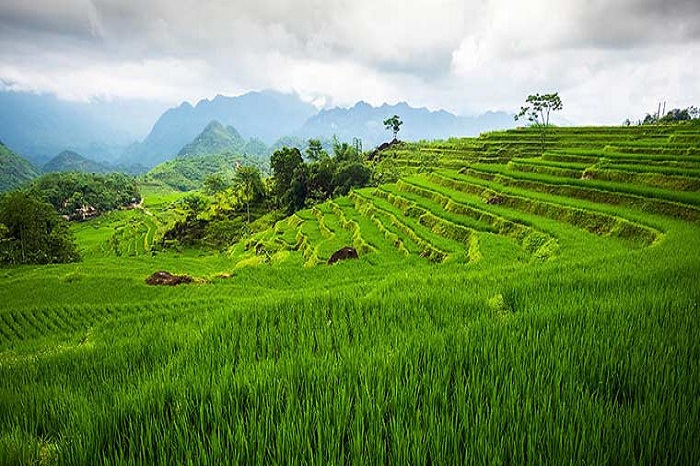
Choosing Sapa or the Pu Luong nature reserve?
- on Mar 7, 2020 By: Ngoc Nguyen
Travellers often hesitate to choose to go to Sapa or Pu Luong nature reserve. If Sapa offers some of the most spectacular landscapes of rice terraces in Vietnam and even in Southeast Asia, this former colonial climatic health resort attracts more and more tourists and is an example of success. A good alternative is to go to the magnificent Pu Luong nature reserve to the West of Hanoi. This true natural setting which is particularly suitable for hiking, offers a beautiful variety of landscapes such as karst mountains, rice terraces, deep forests, thick jungles, waterfalls and steep valleys. So, what do you choose, Sapa or the Pu Luong reserve? Here is some information to help you make the right choice.
Meet ethnic minorities
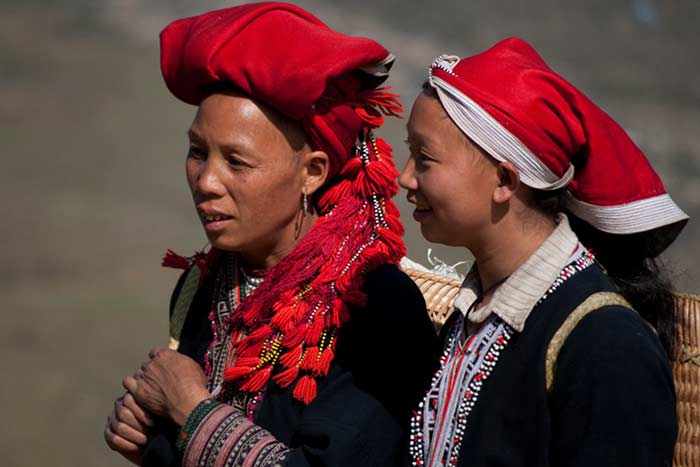
In Sapa or in the Pu Luong nature reserve, you will meet the ethnic minorities. If Sapa is mainly populated by black Hmong and red Dao, recognizable by their traditional costumes, the Pu Luong nature reserve is populated by Thai and Muong. The black Hmong and the red Dao of Sapa still wear their traditional attire daily while in Pu Luong the Thai and the Muong wear their traditional costumes only during special events. More in contact with the Vietnamese, they adopted their clothing styles. But that does not prevent them from being much attached to their own culture and respecting their ancestral traditions like that of living in beautiful wooden houses on stilts capped with thatch.The Sapa region is home to a number of colourful ethnic markets, which is not the case in the Pu Luong nature reserve.
The most beautiful rice terraces
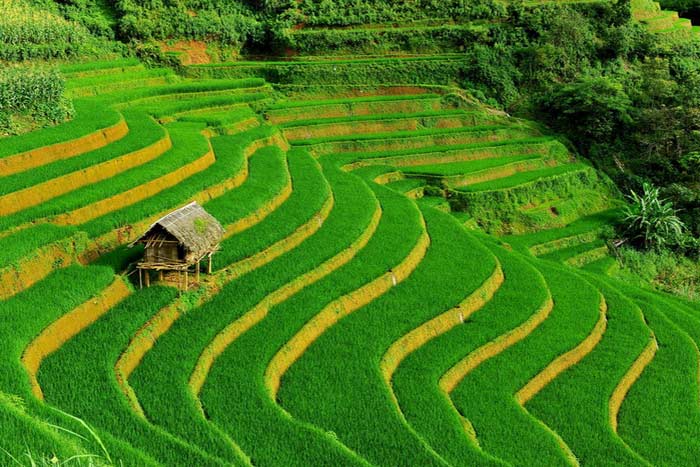
There's no question that Sapa is home to some of the most spectacular rice terraces in Northern Vietnam. A true masterpiece shaped by human hands and one of the most captivating landscapes in Southeast Asia. But be careful when choosing your season to come and admire the rice terraces of Sapa. In Sapa, there is only one rice harvest per year. It takes place at the end of September and the beginning of October. The rice fields are all yellow and they are teeming with activities. In May, the rice fields are flooded and form magnificent mirrors where the sky is reflected on the giant, aquatic canvas. In July and August, the rice fields are a beautiful green. The rest of the year the rice fields are bare but still offer a sight to behold.
Certainly, the rice terraces of Pu Luong nature reserve are less spectacular than those of Sapa but still remain a real pleasure for the eyes. In Pu Luong, you will be less likely to cross and admire them.
Another advantage, there are two rice harvests in the Pu Luong nature reserve, one in late May and early June and another in October. You have, therefore, more chance to see rice and to see the superb spectacle of the harvest and its beautiful shimmering colours.
>> Read more: Top 10 what to do in Sapa
Hiking in Sapa and Pu Luong
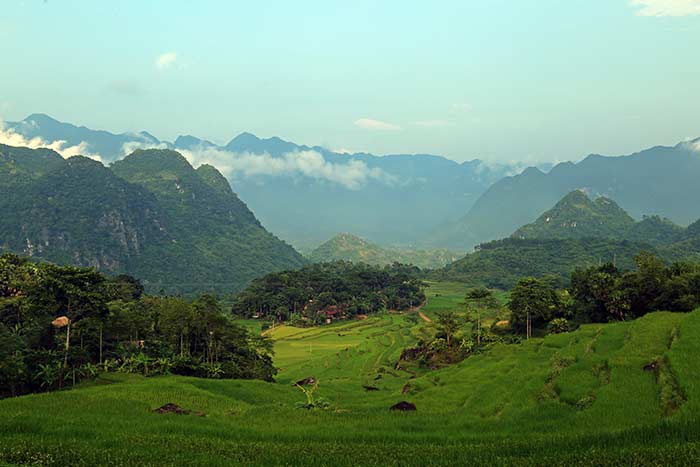
These destinations offer magnificent hikes in beautiful natural settings. In Sapa, there can be a few people on certain hiking trails and you will surely be accosted by saleswomen. However, Pu Luong is less touristy and you will have the chance to hike alone or to admire the landscapes in (almost) complete peace.
>> Read more: Pu Luong Nature Reserve - Travel Guide
Accommodation level
Being more touristy, Sapa has a more extensive list of hotels on offer than the Pu Luong nature reserve. There is a full range of hotels from luxury to homestay which, with the flow of tourism, turns into a hotel.
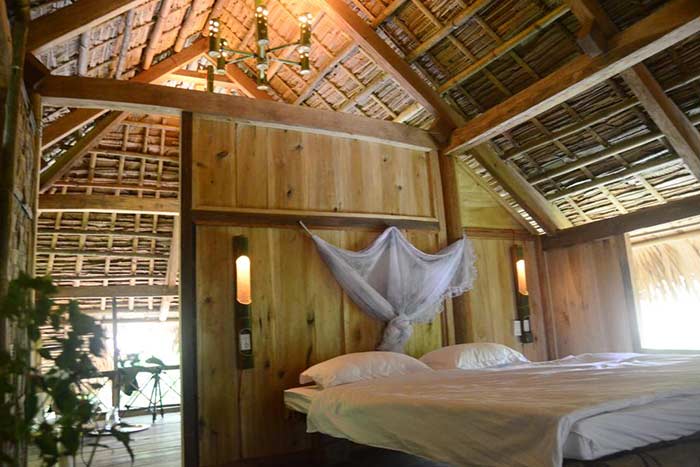
In the Pu Luong nature reserve, the hotel offer is more limited but there are charming homestays with simple comfort, but warm hospitality. There’re some beautiful addresses combining comfort, authenticity and conviviality such as the Pu Luong Home overlooking a superb rice valley surrounded by hills or the Hieu Baths, a homestay accommodation with style magnificently inserted in a natural setting where the waterfalls sing.
Travel time and beyond
The Pu Luong nature reserve is about a 4-hour drive from Hanoi, while it takes just over 5 hours by car from the capital to reach Sapa. This place is also accessible by the night train in a sleeper cabin. Arriving at Lao Cai station, it takes another hour to travel by road.
From Pu Luong, you can travel with reasonable travel time to Mai Chau rice valley and the picturesque Ninh Binh, known as Halong Bay on land and the Unesco listed Trang An landscape complex.
From Sapa, you can head to Bac Ha to attend one of the region’s ethnic markets or descend to Hanoi via the spectacular rice terraces of Mu Cang Chai.
Related articles:
>> Ta Phin Village and the unique culture of Red Dao ethnic group in Sapa
 Español
Español Français
Français






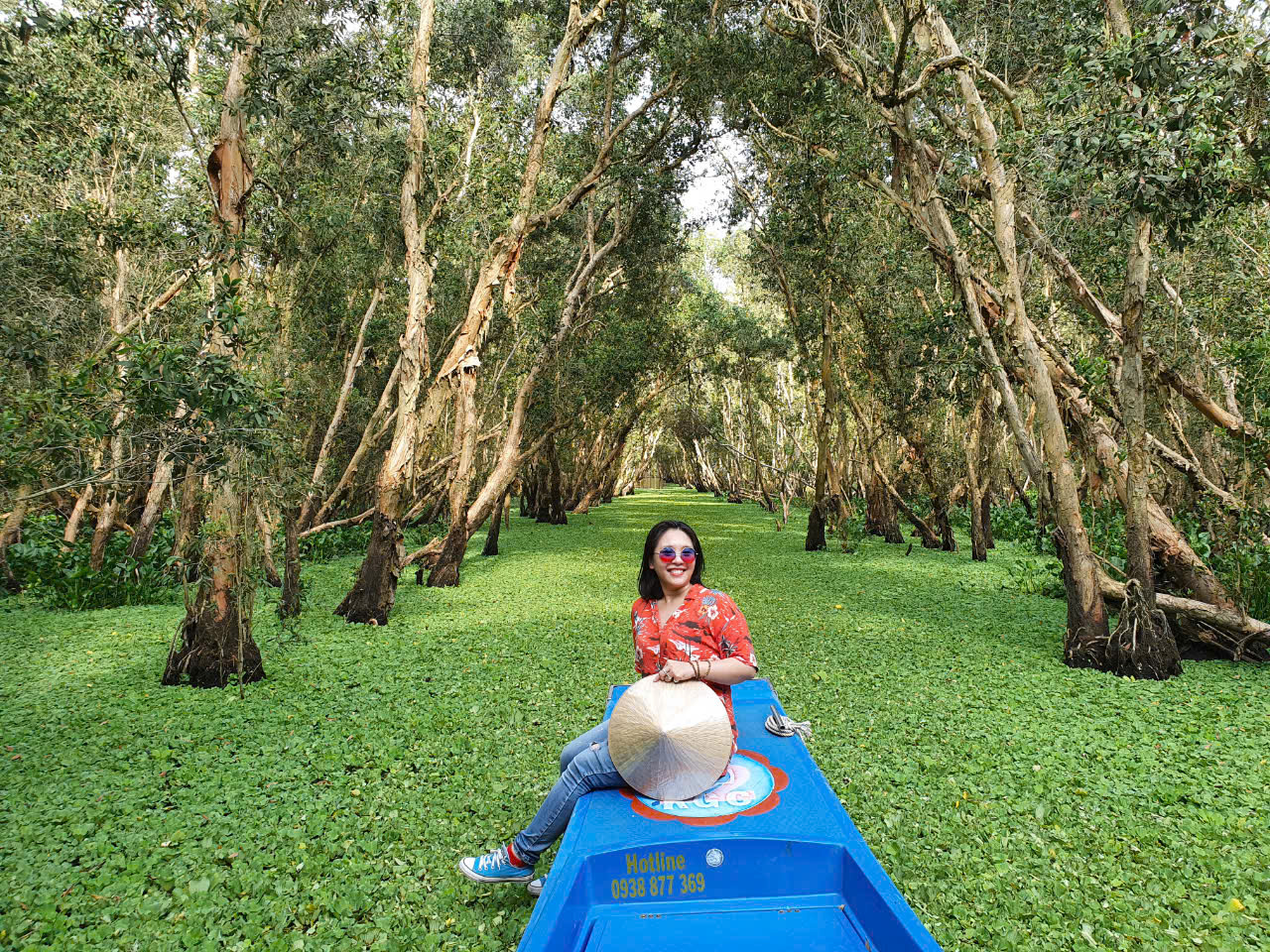
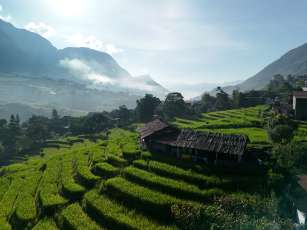
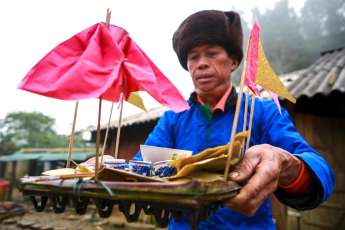
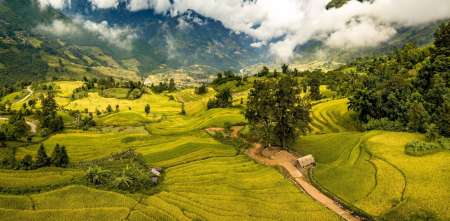


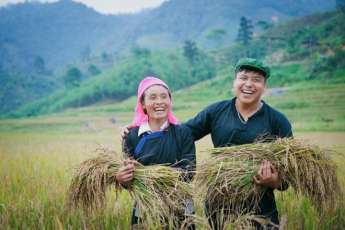







Timothy O Tool
on Feb 23, 2026Timothy William Groh
on Feb 23, 2026TwelmSC
on Feb 20, 2026Morgane Ter Cock
on Dec 18, 2025HerbertPhomaMS
on Oct 19, 2025